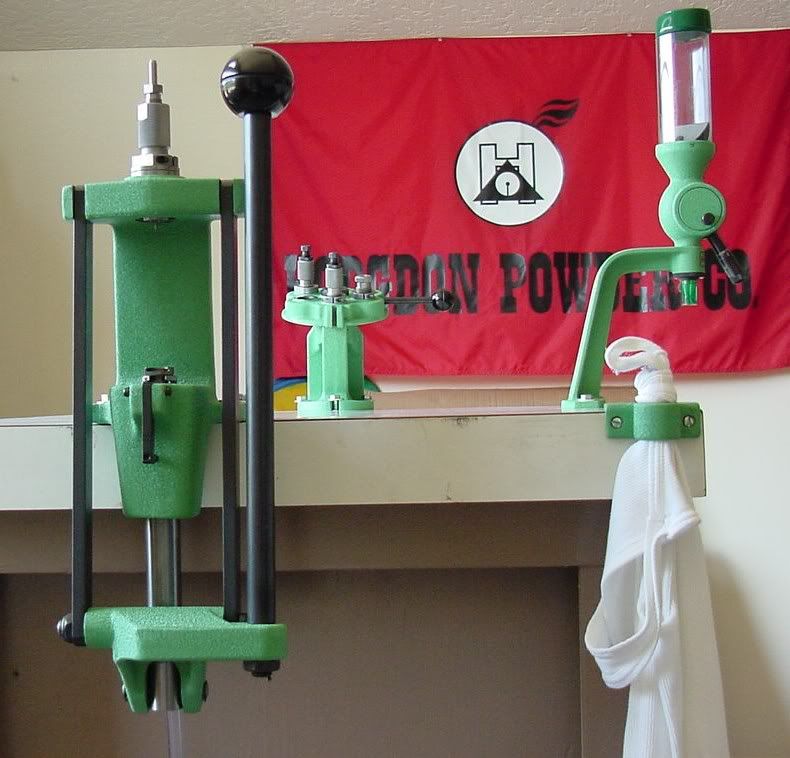How does the mechanical advantage (leverage) compare between the Lyman Crusher, RCBS Rock Chucker, and Lee Challenger presses. I don't want to start a brand war so please, no need to comment about reliability, longevity, pot metal or anything like that. I have a Challenger and am considering the "upgrade" to a Lyman Or RCBS but will only do it if it means less force required on the handle (over a longer distance, of course) to do the same work.
I also have a Dillon 550b and an old Lyman Spar-T turret. I believe the Challenger is better for rifle cartridges than the Spar-T. I prefer single stage operation for rifle loading and use the Dillon only for handgun.
I'd appreciate it if someone who has used the Challenger as well as one of the others could let me know if they offer significant mechanical advantage.
I also have a Dillon 550b and an old Lyman Spar-T turret. I believe the Challenger is better for rifle cartridges than the Spar-T. I prefer single stage operation for rifle loading and use the Dillon only for handgun.
I'd appreciate it if someone who has used the Challenger as well as one of the others could let me know if they offer significant mechanical advantage.

